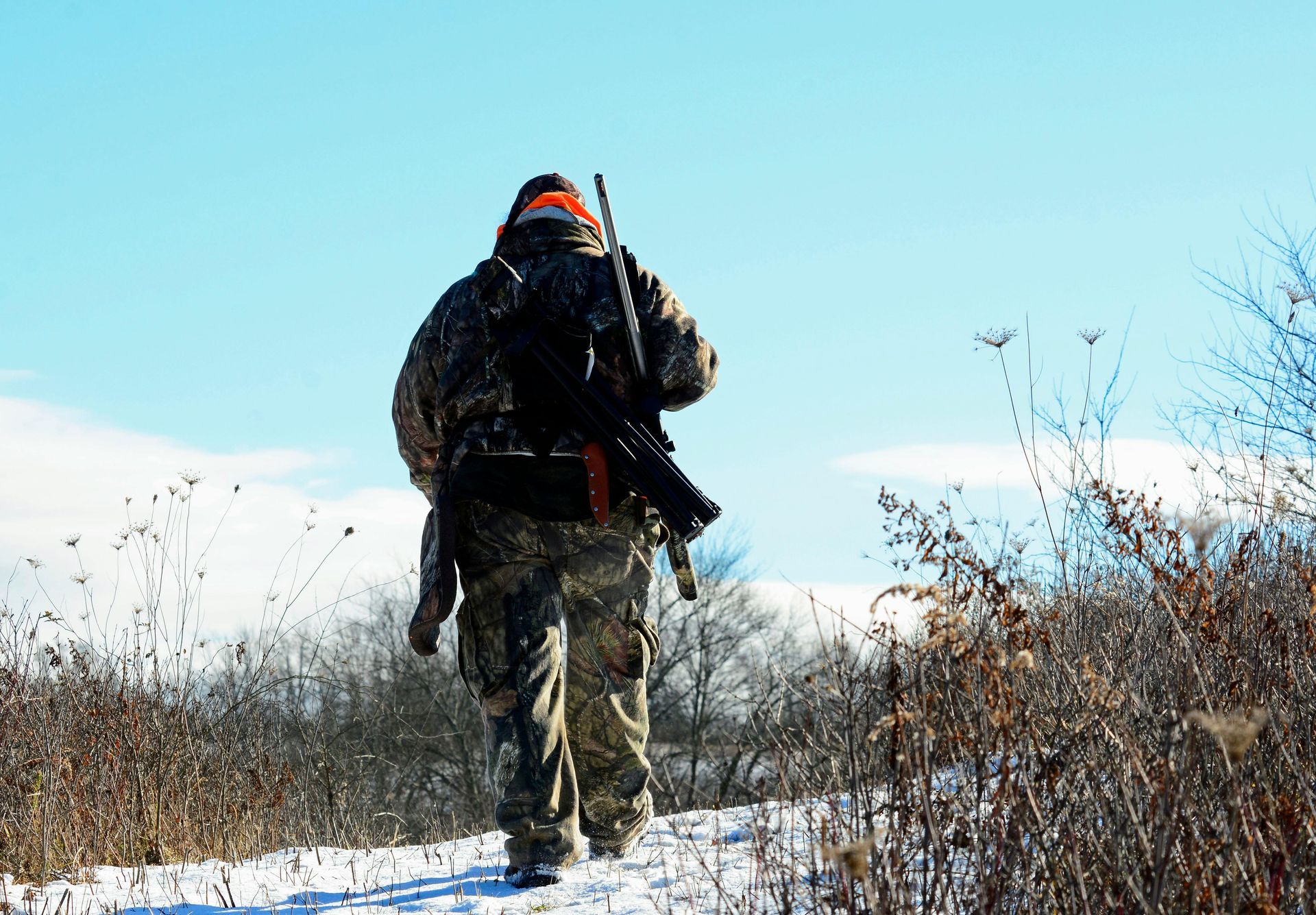Obsessed With Growth
I’ve been watching American Ninja Warrior since nearly the beginning. It’s a show of grit, courage, and drive. It’s a show where contestants often defy the odds in life just to be there...and then they go on to compete at incredibly high levels. It’s a show of vulnerability, where competitors put themselves out there, give all they have, and sometimes fall short. And then, whether they fall short or are victorious, they line the course and, despite their own emotions and in a display of incredible camaraderie, cheer on their competition.
When you’ve taken your best shot, invest everything
you have, and are still outdone, how do you react?
Case in point. As season 15 winds to a close, there are 8 ninjas remaining for the final challenge, the 75 ft rope climb up Mt. Midoriyama's. Each competitor has 30 seconds to reach the top. Of those who reach the top in time, the fastest time takes home $1M.
The climb itself, without the constraints of time or pressure of securing a prize, is massive. It’s one many elite athletes couldn’t successfully complete. To conquer it, athletes have to create and maintain a consistent rhythm. They have to fight off the fatigue and lactic acid build-up that has their body screaming to just give up.
So, here we are. After the first several competitors attempt and fail in time, Daniel Gil ascends the platform ready to take on the challenge. The signal sounds and he’s off, starting his climb at a ferocious rate. As he ascends and the clock drains, the obvious signs of fatigue become visible, but he continues. He’s got a chance. The 30-year-old Daniel Gil is at the peak of his athletic prowess, and it shows. He’s been on the show since season 7. He attempted the same climb in season 11 but fell just short. Now, with mere seconds left, he has a chance. Hand outstretched through the top, he surges towards the buzzer, stopping the clock with just 2.01 seconds remaining.
Almost before he’s even had a chance to catch his breath, the 18-year-old Vance Walker steps up for his turn. Within moments, Vance soars past him to complete the course in 26:75, a little over a second faster than Daniel. Just like that, his victory and $1M prize are gone.
It’s moments like these you learn what people are made of. Leaders, I’m talking to you. When you’ve taken your best shot, invest everything you have, and are still outdone, how do you react? How do you show up for your team, customers, and those leading you?
As Vance descended the tower, there was Daniel to congratulate him. Again, a few minutes later as the final contestant gave it his all and ultimately fell short, there was Daniel to celebrate Vance. To celebrate with him, and celebrate him...despite the myriad of emotions I’m sure he was experiencing.
What can we take away and apply to our teams and businesses?
- Your vulnerability gives your team permission to be vulnerable - If you want your team to take big shots, to not be afraid of falling short, it’s up to you to create an environment where that is encouraged and celebrated. Where dreams can be had, risks can be taken, and results can be analyzed. Safety to take risks requires acceptance that some will win big and others will fall short.
- Set big goals - goals that are beyond your current reach. Achievable, yes. Tangible, yes. But goals that force us to stretch ourselves and expand our skills. There were 8 competitors striving to complete the final climb. 2 did, and just barely. Setting goals is not about checking off everything on your to-do list. If you achieve 100% of your targets, your goals are not big enough. Goals are meant to challenge us, to push us, to force us to stretch beyond ourselves and our current thought processes. The way you set goals communicates how much risk is acceptable across your team. Are you taking big shots or are you more concerned with the optics of 100% achievement?
- Celebrate successes - Leaders set the tone and know it’s not about their achievement. Their reaction gives others direction on how they should behave. When you win, your team is watching. When you lose, they’re still watching. Celebrating the victories, even when the accomplishment is not personally yours, signals what is important for success. It says ‘we succeed when the team succeeds’. Regardless of your accomplishments or emotions, celebrate the victories. Celebrate the victors. Celebrate the achievements that set you and your team up for the next set of challenges.









